Victory City
Salman Rushdie’s “Victory City” is a profound and sprawling historical fantasy that spans 250 years, transporting readers back to a pivotally imagined 14th-century southern India. At the heart of this epic narrative is Pampa Kampana, a nine-year-old girl who, after witnessing the tragic death of her mother, becomes the mouthpiece of a goddess. Empowered by divine intervention, she finds herself ordained with the monumental task of founding and nurturing Bisnaga, a city destined to become the marvel of its era. Rushdie’s tale is framed as a translation of an ancient manuscript, an approach that adds a textured layer of authenticity and mysticism to the narrative.
“Victory City,” or Bisnaga as it is initially named, sprouts from a mystical bag of seeds, a symbol heavy with allegorical weight, representing both beginnings and infinite potential. As the narrative unfolds, it delves deeply into themes of creation and destruction, power, and gender equality, with Pampa’s life intricately linked to that of the utopian city. Through Pampa’s divine connection, Rushdie explores ambitious ideals about female agency within a patriarchal society, a profound comment on historical injustices that still echo in contemporary times.
In terms of characters, Pampa Kampana is meticulously crafted as both a protagonist and a creator. Her dual roles are both her burden and her power, a conduit for Rushdie’s examination of the storyteller’s influence and limitations. The secondary characters, rulers, commoners, and antagonists alike are vibrantly drawn, contributing to the rich tapestry that forms the socio-political landscape of Bisnaga. Their lives and choices weave into the narrative, challenging Pampa’s vision even as they fulfill it.
Rushdie’s prose in “Victory City” is, as expected, eloquent and layered. His skill in crafting sentences that are both lush and precise serves the book’s mythological tone well. The narrative structure, though expansive, maintains a graceful coherence thanks to Rushdie’s mastery of pace and his deep cultural insight that guides the reader through the city’s centuries of glory and turmoil.
However, the very ambition of the book might also be a stumbling block for some readers. The epic scope and the density of events can be overwhelming, and the philosophical undertones require a contemplative reading approach. Moreover, the fantastical elements, while central to the storytelling, might stretch the credulity for those more inclined towards strictly historical narratives.
As a metafictional device, the premise of the novel being a “translation” of an ancient text is ingeniously employed. It not only serves as a narrative bridge to the ancient world but also acts as a reflection on the act of storytelling itself – its power, its transformative potential, and its limitations.
In conclusion, “Victory City” by Salman Rushdie is a rich tapestry of mythology, history, and critical social commentary. It is a bustling city of a book, dense and vibrant, challenging and rewarding in equal measure. For those willing to traverse its complex streets, the journey promises profound insights, not just into a vanished mythical epoch but into the enduring human conditions of ambition, power, and the desire for legacy.

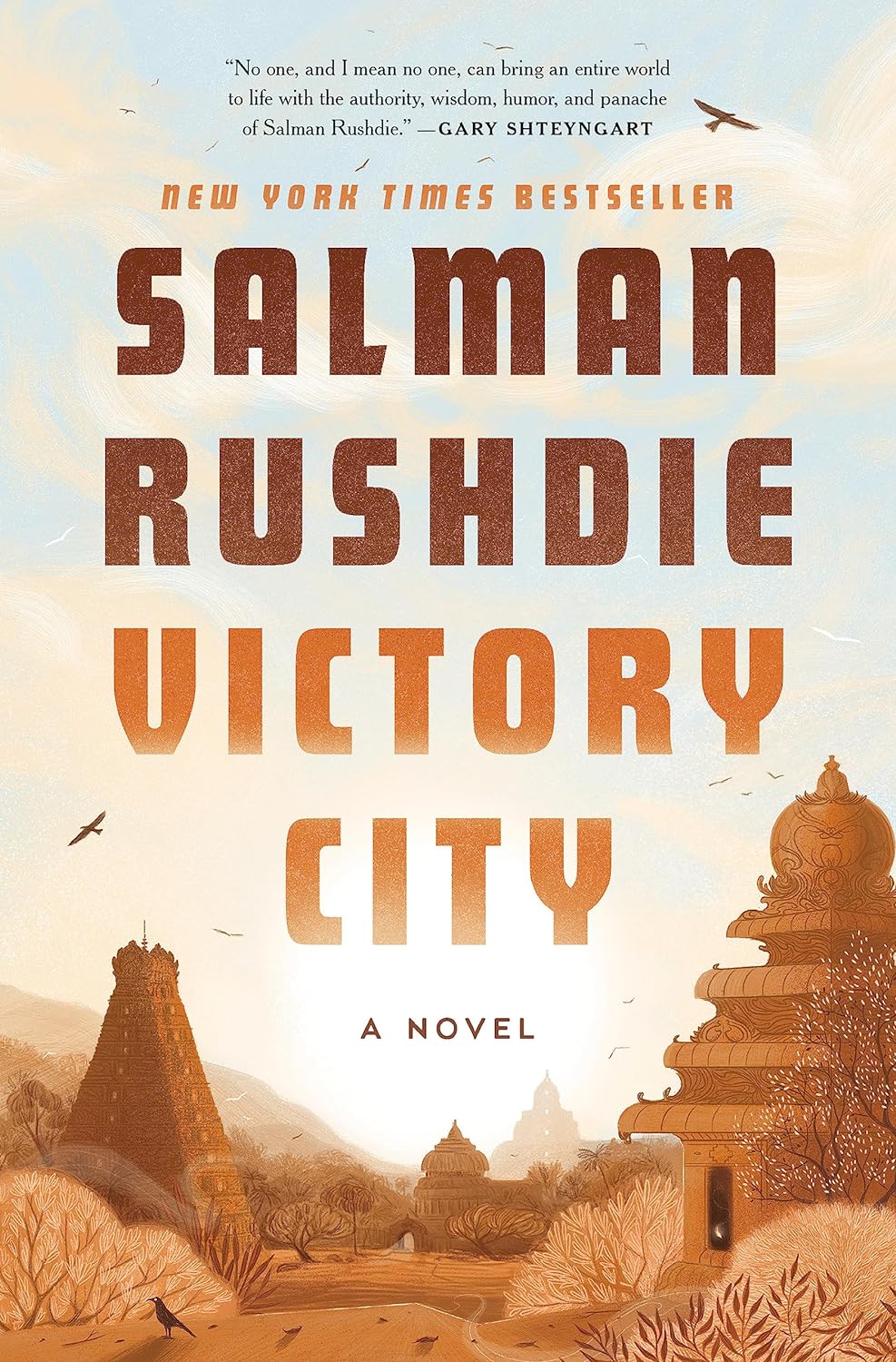
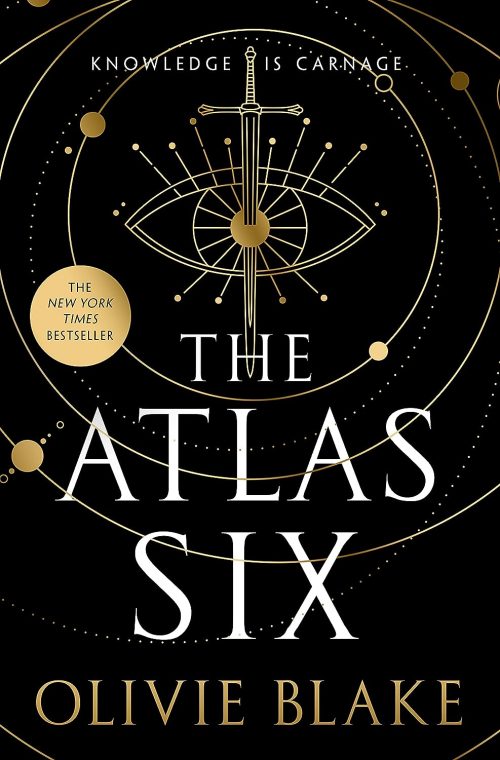
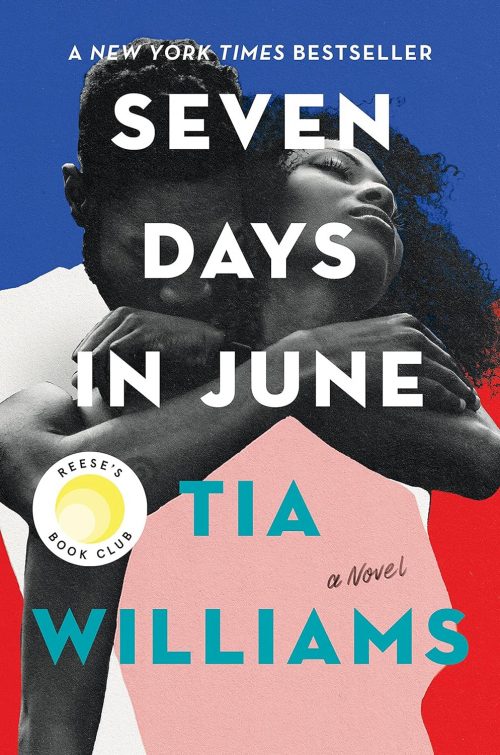
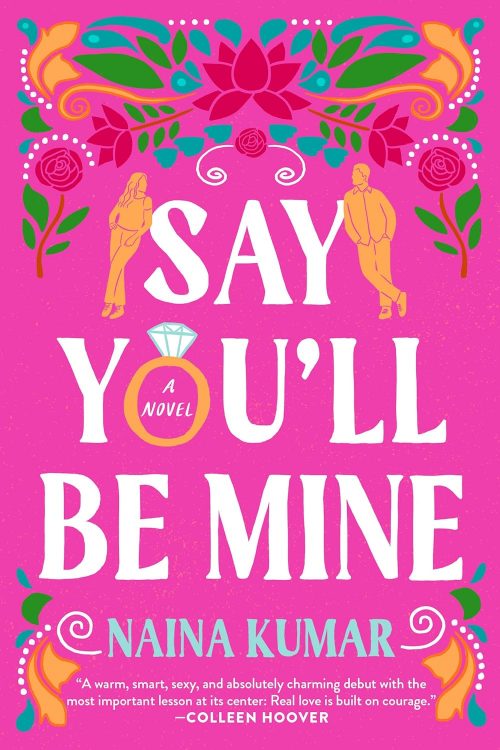
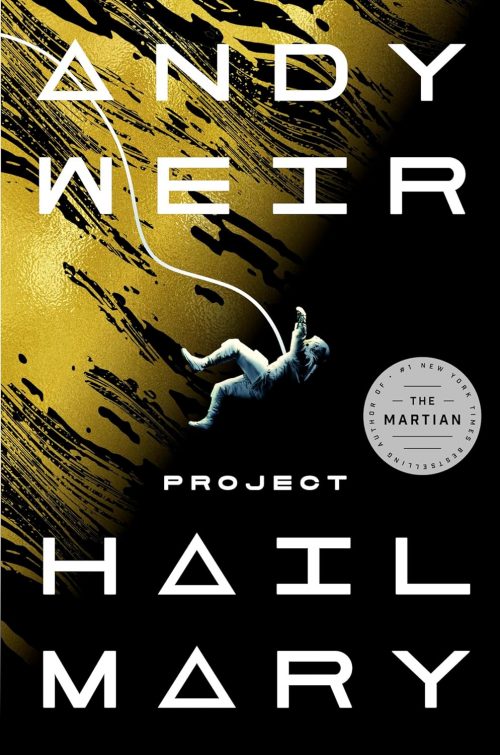
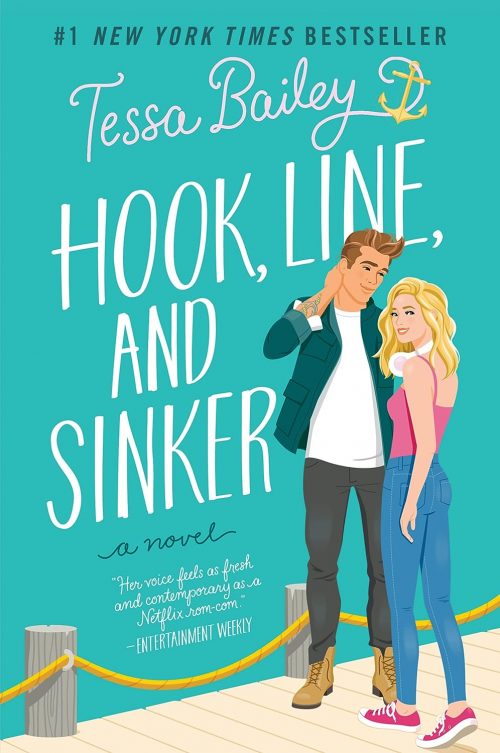
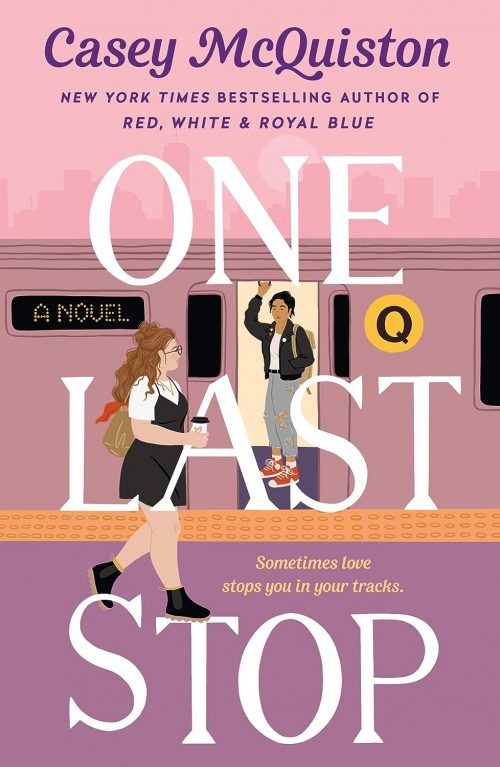

Reviews
There are no reviews yet.